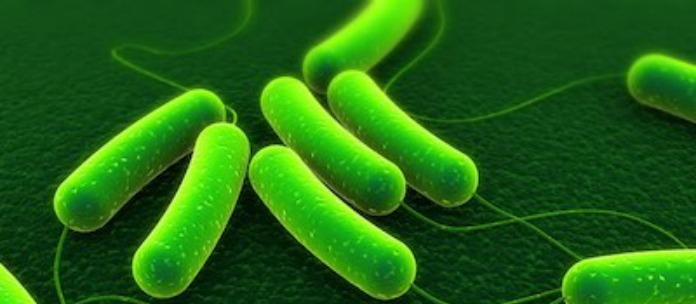According to the Snohomish Health District in Washington state, two young children have been hospitalized for complications from a Shiga toxin-producing E. coli (STEC) infection. The school they attend, at 733 Village Way in Monroe, Washington has been temporarily closed because other children and staff may have been exposed to the bacteria.

Dr. Gary Goldblum, health officer and director of the Health District said, “the exact source of contamination in E. coli can be very difficult to identify, but at this point we believe the children were likely exposed to livestock near their home. The school has been cooperating fully as we work with the families and improve existing policies and procedures to prevent these incidents from happening in the future.”
Livestock carry E. coli bacteria in their intestines. The animals don’t get sick from these bacteria because they do not have the same genetic profile as humans. When a person ingests fecal matter or food or water contaminated with STEC bacteria, they can become seriously ill. It only takes 10 bacteria to make someone sick.
The symptoms of an E. coli infection include stomach cramps, diarrhea that may be watery and/or bloody, vomiting, and a mild fever. Young children, pregnant women, those with chronic illnesses or compromised immune systems, and the elderly are more likely to suffer serious complications from this illness. The most common complication is hemolytic uremic syndrome (HUS), which can destroy the kidneys and cause stroke, kidney failure, and death. About 5 to 10% of those diagnosed with an E. coli O157 infection can develop HUS.
The symptoms of HUS include decreased or no urination, lethargy, easy bruising, and bleeding from the nose or mouth. Anyone suffering these symptoms should be taken to a doctor immediately. We don’t know if the children in this particular outbreak have developed HUS or have other complications due to their illnesses.
Department of Early Learning Assistant Director Frank Ordway said in a statement, “our thoughts go out to the families affected by this exposure. Child health and safety is our highest priority. We plan to comply and assist with the Department of Health and the Snohomish Health District as they work to get one of our exceptional early earning providers back to serving this community’s children.”
The best way to prevent the spread of E. coli infections is with proper and thorough hand washing with soap and water. Never prepare or serve food to others if you are sick with a diarrheal illness. Don’t consume raw dairy products or eat raw or undercooked ground meat. Swallowing water in kiddie pools or in lakes, ponds, and streams can also lead to these infections.
If you are around ruminant animals, always wash your hands carefully after handling them. Feces contaminated with E. coli bacteria can be easily transferred to an animal’s coat. Young children should be supervised after using the bathroom and after being around animals. Make sure they don’t put their hands in their mouths and that their hands are thoroughly washed with soap and water.




